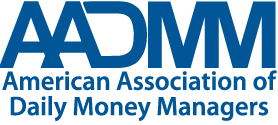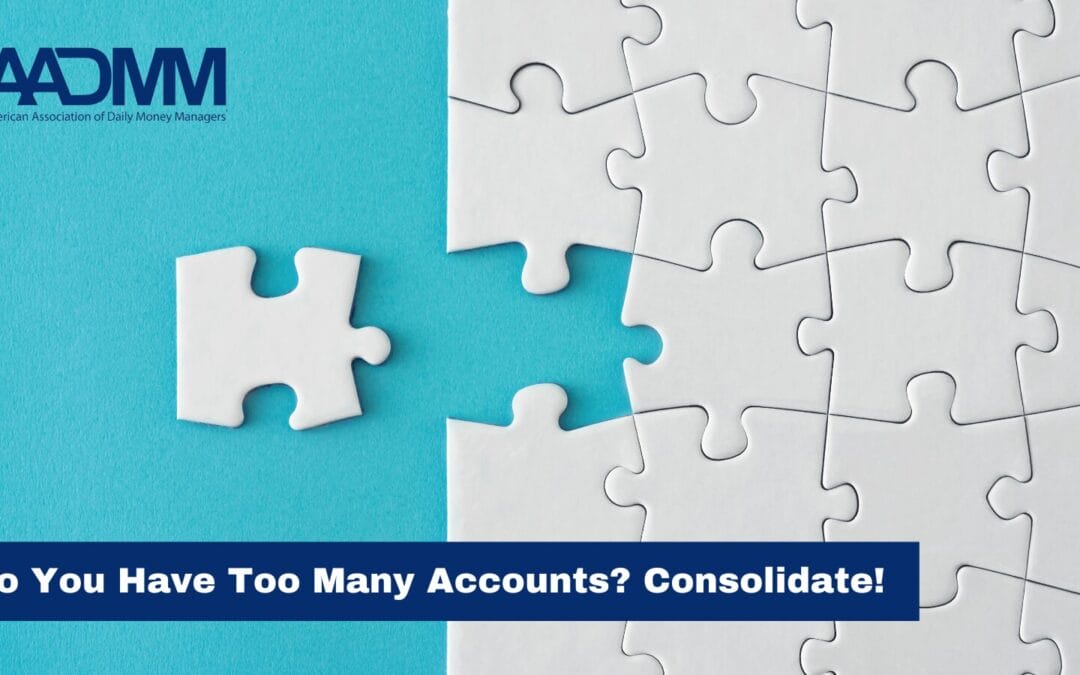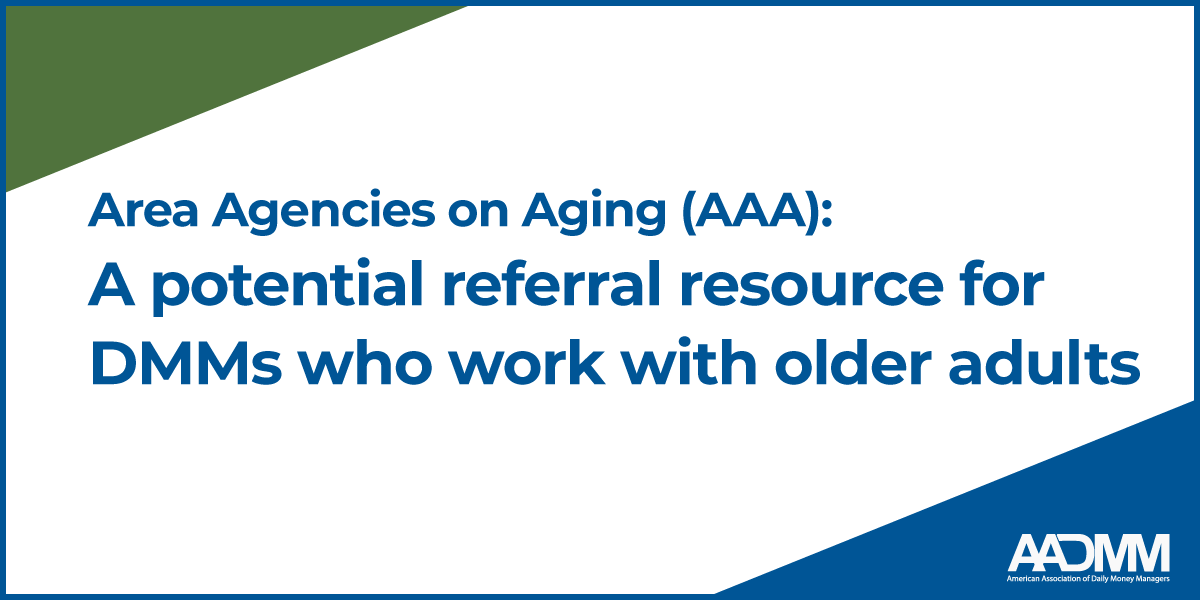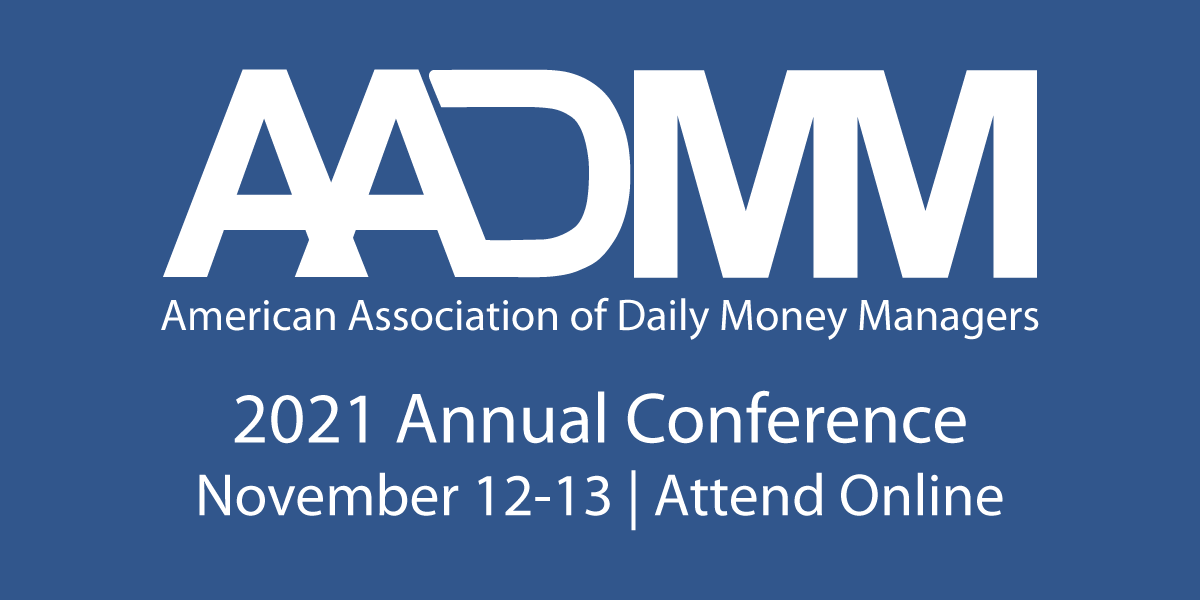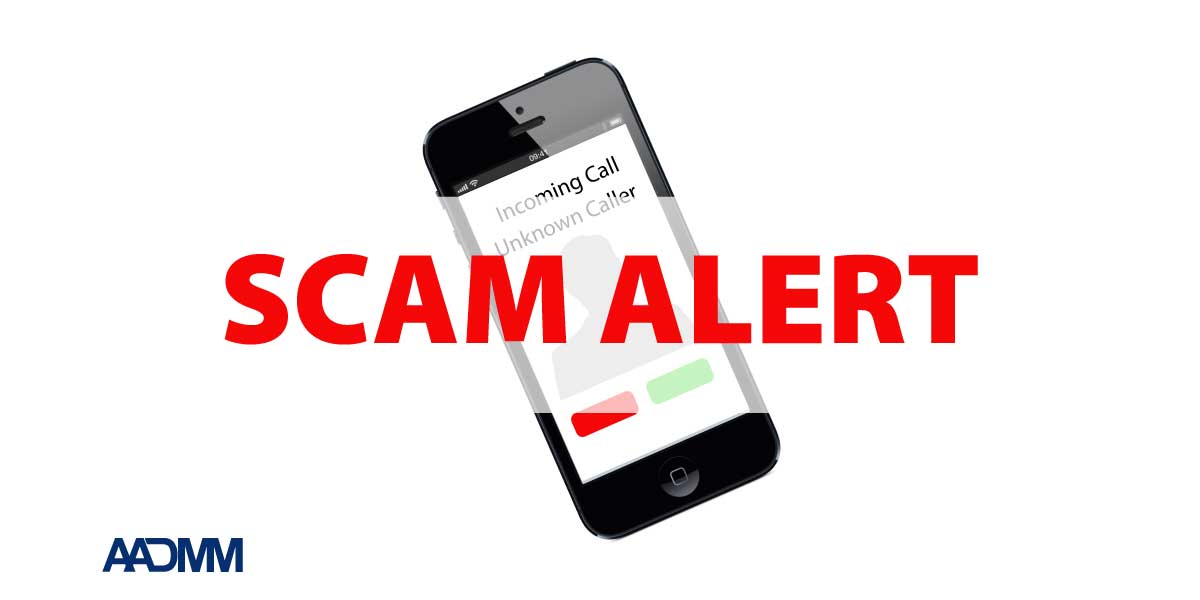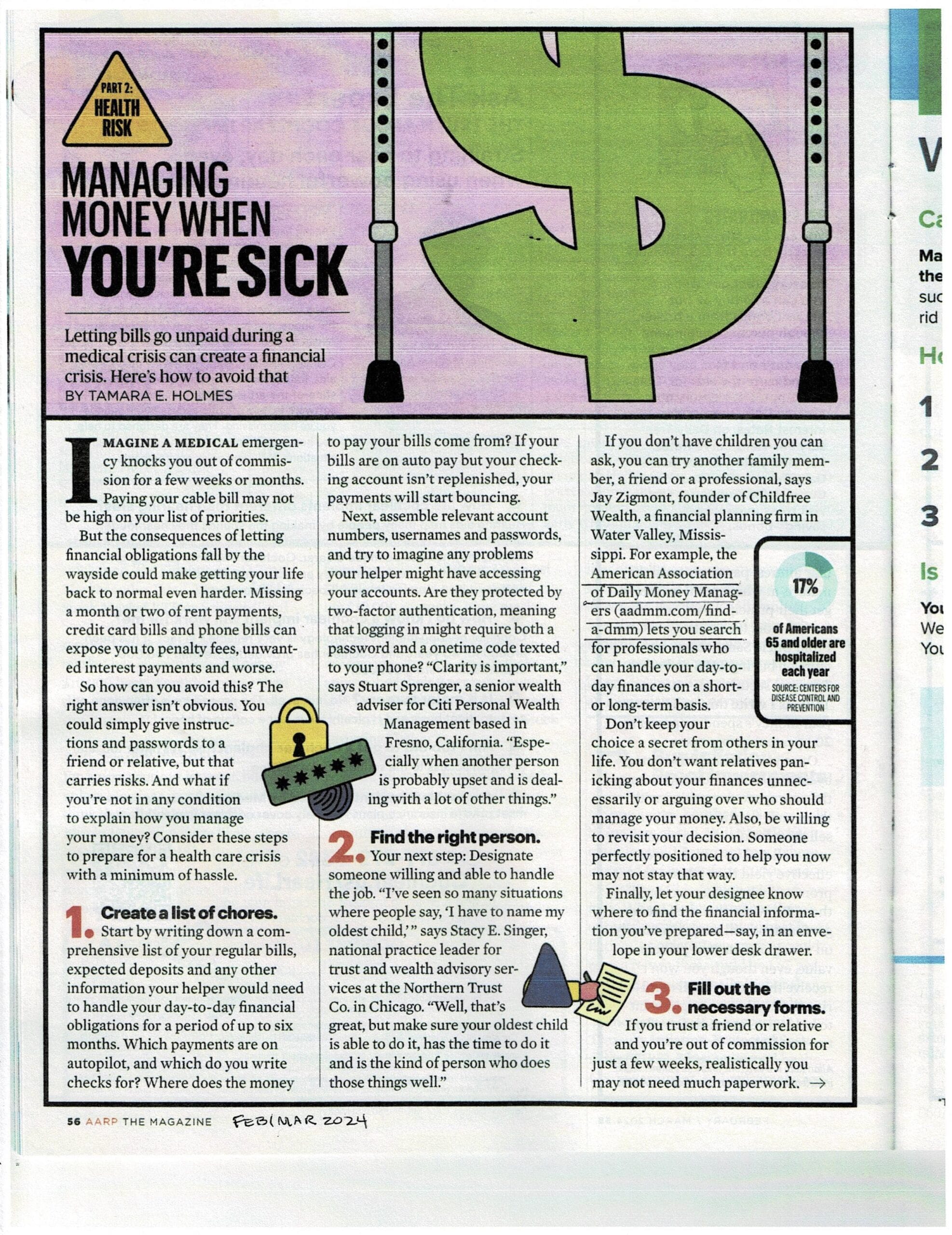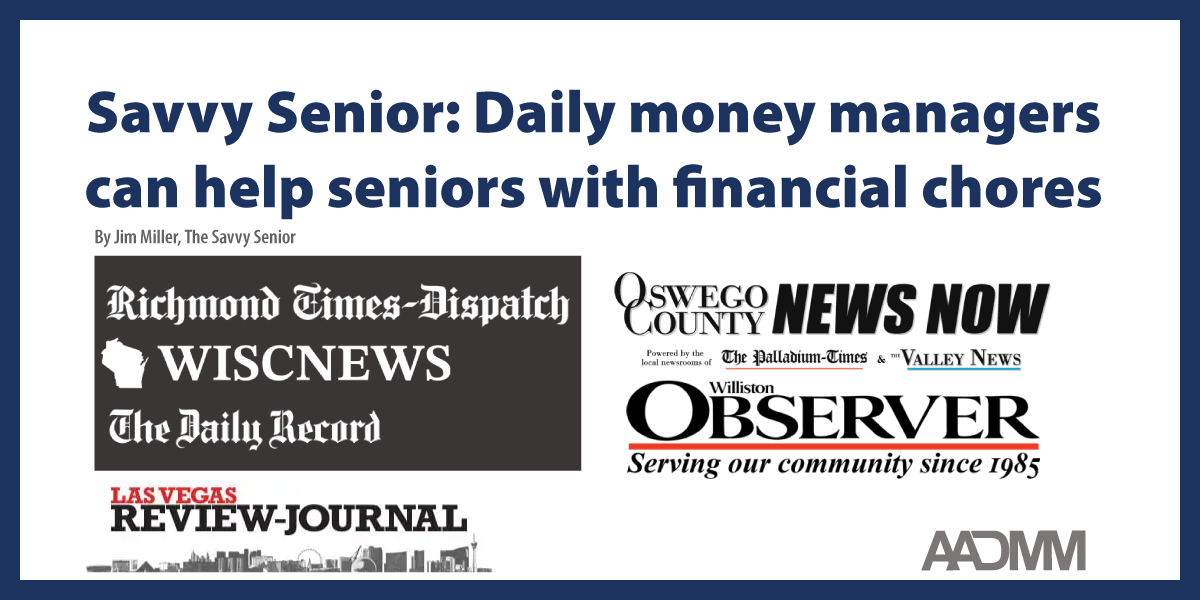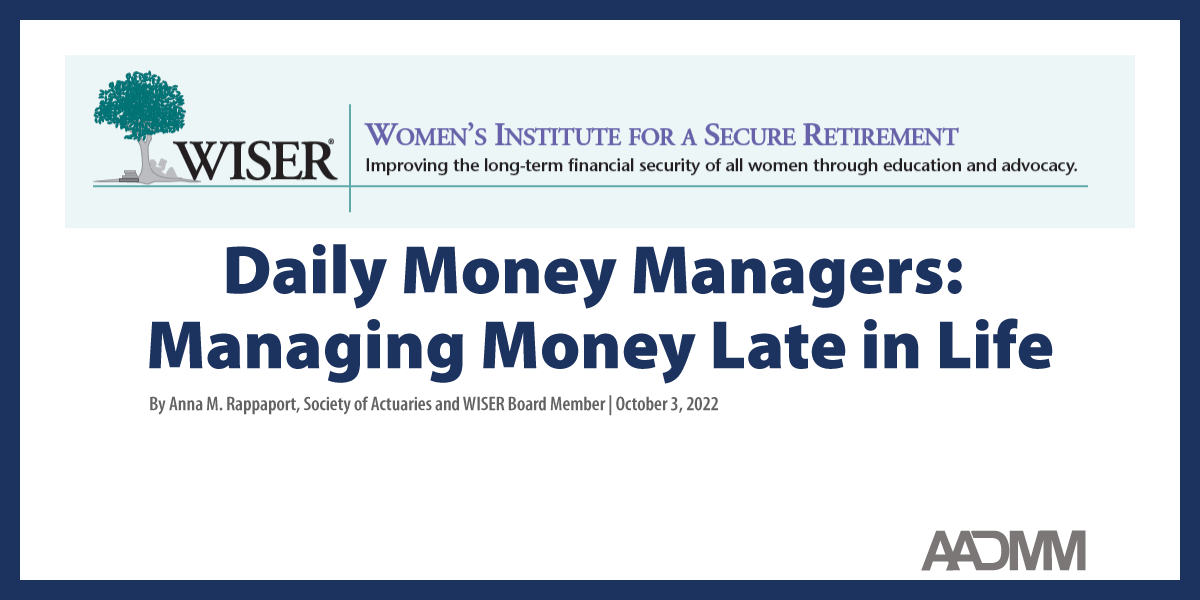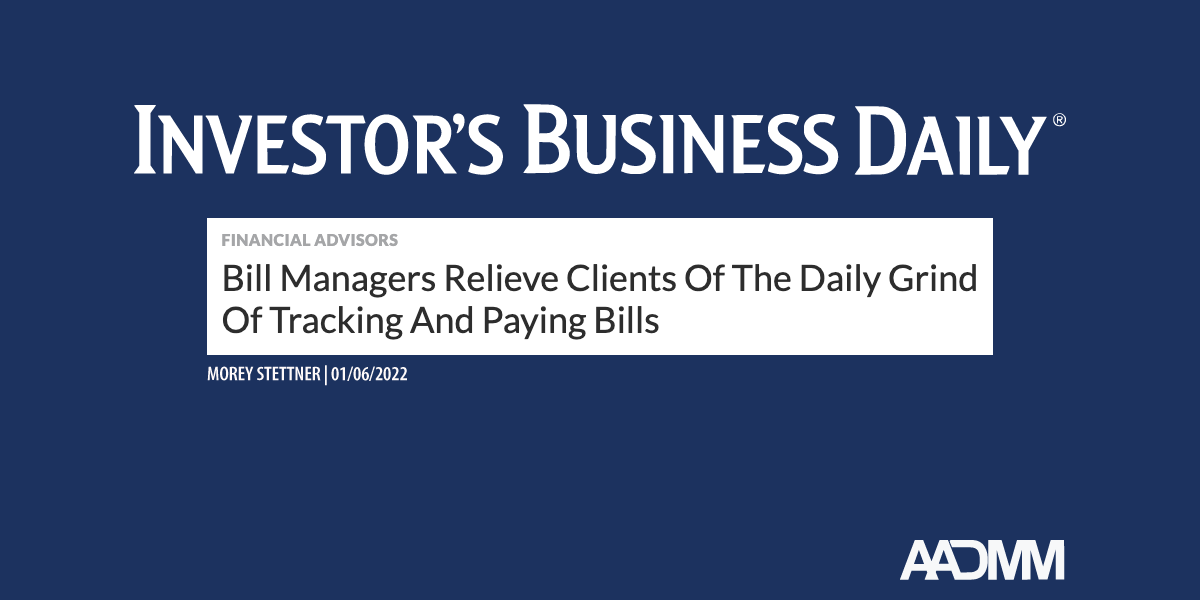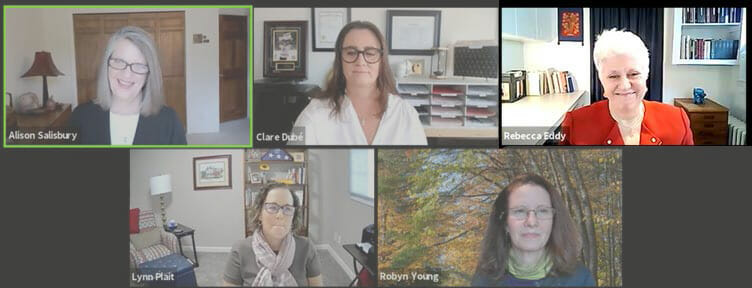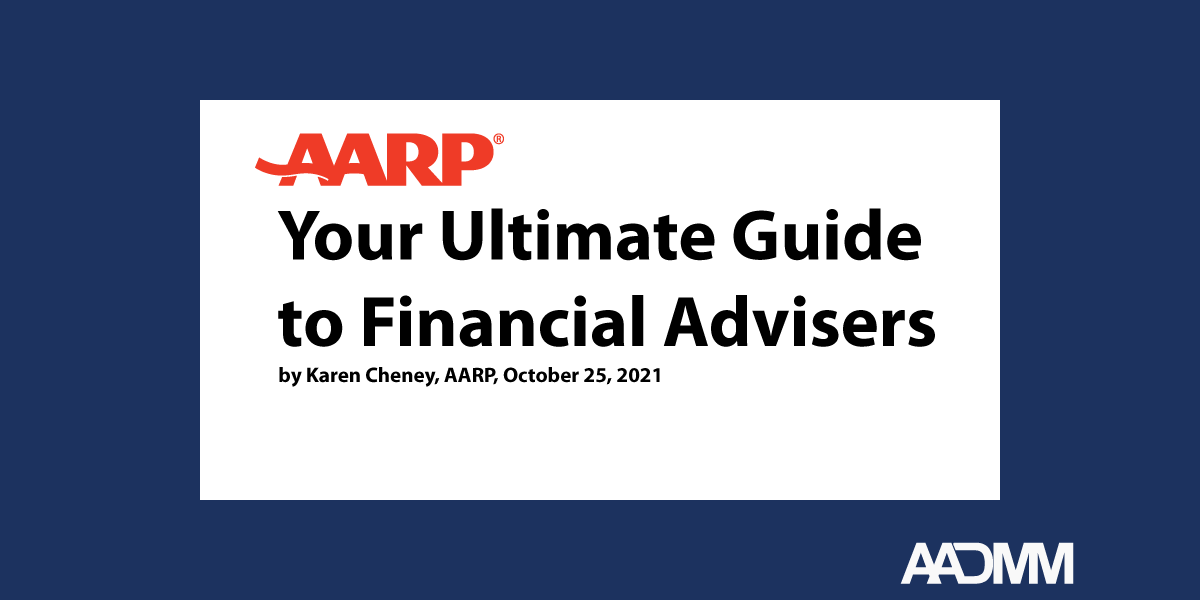Common Problem. Easy Fix.
The Problem of Too Many Accounts
Many people who grew up during the depression era learned that it was not good to put all their eggs in one basket. The risk of losing the basket along with all their eggs was too high.
This lesson applied to finances as well. Many individuals preferred to spread their money among a variety of different financial institutions because of their concern that a bank might fail and their funds would be lost.
In 1934, the Federal Deposit Insurance Corporation or FDIC began insuring bank accounts to create better banking stability. In 1970, the US Government extended this protection to credit unions via the National Credit Union Administration or NCUA.
In 2008, the limit of coverage through both the FDIC and NCUA was raised to $250,000.
What we find when working with clients is that many people still have a depression era mentality. They keep money in multiple banks due to a misbegotten sense of security or indecision. Unfortunately, this can cause several unwanted outcomes:
- Too much paperwork because every account means a new monthly statement.
- More accounts to reconcile each month.
- A higher risk of duplicate payments.
- Difficulty keeping track of each account and total net worth.
- Managing cash balances is more time consuming.
- Creates additional work for your executor when you pass.
This tendency also extends to investment accounts. You may have multiple accounts because different types of investments (IRA, Roth, brokerage, annuity, etc.) must be kept separate.
A good financial advisor will diversify holdings within and across the accounts they manage. But if you have holdings scattered across several financial companies, you could be less diversified than you think. You may also have to ensure that your Required Minimum Distributions or RMD’s will be managed properly if there are multiple companies involved.
This creates additional paperwork and extra work for your executor down the road.
How to Reduce the Workload
To reduce the burden on yourself, and eventually on your loved ones, start taking steps to consolidate. By putting the pieces of the puzzle together, you can see the whole picture and gain back more of your valuable time.
- Identify the one bank and the one financial institution that you most like working with. (We have our list of favorites too!)
- Get the forms needed from each of the other banks or financial institutions to close all the ‘extra’ accounts.
- Banks usually require an in-person visit to close an account with all owners present.
- Financial institutions often have forms available online.
- If your holdings are over a certain amount a notarization or medallion signature may be required.
- Check with your tax advisor before liquidating any assets to avoid capital gains taxes. You can do in-kind transfers of some assets, such as stocks.
- Sign the document as required and return the form or visit the bank in person.
You will receive a check and depending on the type of account may have a limited window of time for depositing it. Most financial advisors can arrange for money from another institution to be transferred directly, with your authorization. This is the safer way to go.
Making the Process Easier
If closing accounts and transferring funds from one place to another seems like a daunting task, consider that Daily Money Managers assist their clients with these tasks regularly.
Part of what we do is reduce financial stress. When age or disability make doing the things you need to do more challenging, it might be time to get help. Only you or your power of attorney agent can authorize account closings and direct the transfer of funds, As Daily Money Managers, we are accustomed to walking you through the process step-by-step, transparently, efficiently, and safely.
Janis Harlow provides money management services to those who need a calm, patient financial partner to assist with bill paying, document organization, budgeting, and computer needs, to improve clarity and reduce financial stress. She is the CEO of Paper Tigress Personal Finance Care, LLC, and a member of the American Association of Daily Money Managers. Her company is focused on serving Seniors, Caregivers, and those with disabilities. Janis has served as a vetted volunteer for the Easter Seals Money Management Program, Treasurer of her church, and as a Rotarian. She received both her BS and MBA from the University of Delaware.
